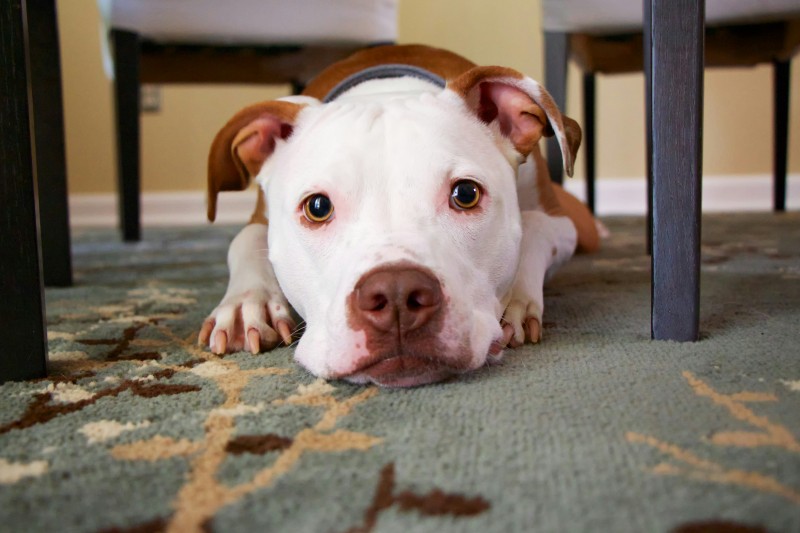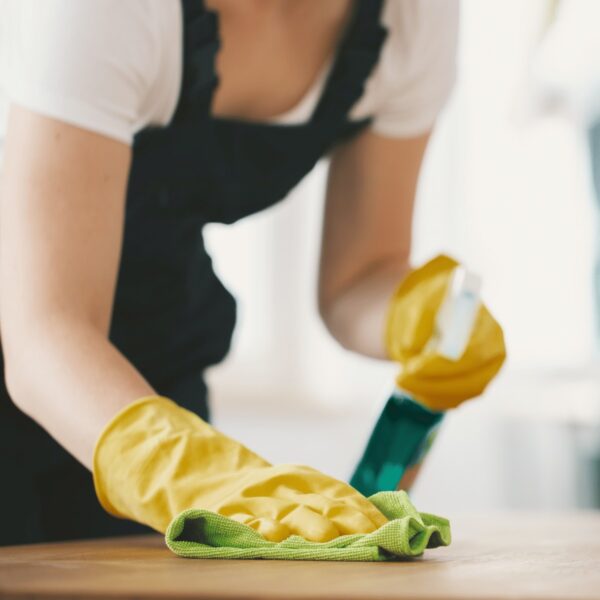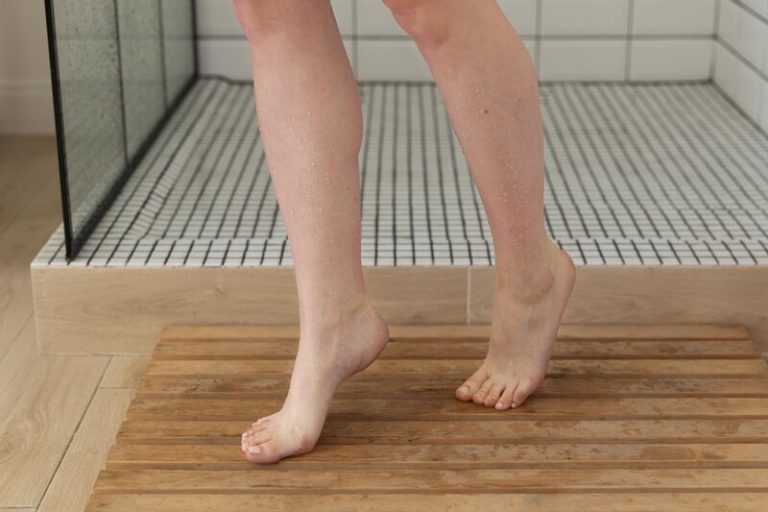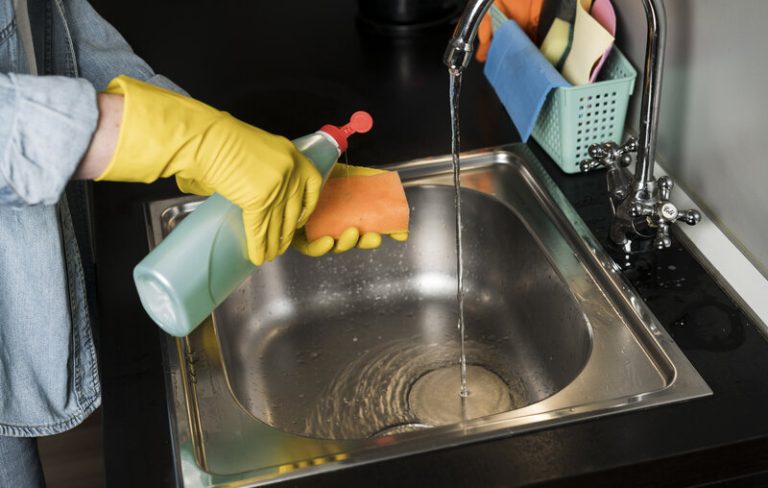Pets bring immense joy to our lives, but they can also leave behind fur, stains, and unpleasant odours, making it essential for owners to know how often should you shampoo your carpets if you have pets. Keeping your carpets fresh and clean is not only about aesthetics; it’s vital for the health of both your pets and your family.
Understanding how often should pet owners clean their carpets can significantly impact your home environment, reducing allergens and ensuring a pleasant living space. This article will explore the best practices for carpet care, the factors influencing your cleaning routine, and helpful tips to maintain a clean and safe environment for your furry companions. Stay tuned for insights that will keep your carpets looking great and smelling fresh!
How Often Should You Shampoo Your Carpets If You Have Pets?
Shampooing your carpets regularly is crucial for pet owners, as it directly impacts the cleanliness and hygiene of your home. Pets can track dirt, allergens, and bacteria through their fur, and these can accumulate in the fibres of light-coloured carpets, leading to odours and potential health issues.
The frequency of shampooing not only helps maintain the visual appeal of your carpets but also prolongs their lifespan, ensuring they remain in optimal condition. Moreover, regular cleaning routines are essential to manage hair, dander, and stains, which are common challenges faced by those with furry companions, especially in high-traffic areas.
How Often Should Pet Owners Clean Their Carpets?
For pet owners, determining how often should you shampoo your carpets if you have pets can depend on various factors, such as the number of pets and household activity levels. It’s essential to establish a regular vacuuming routine, ideally at least twice a week, to manage pet hair, dander, and allergens. Deep cleaning carpets every three to six months is also recommended to eliminate stubborn stains and odours.
a. What Are The Recommended Cleaning Frequencies?
The recommended cleaning frequencies for carpets in pet-friendly homes emphasize consistency in maintenance. Pet owners should aim to vacuum a minimum of twice a week while considering a professional cleaning every six months. This practice aligns with the question of how often should pet owners clean their carpets to ensure that harmful bacteria and allergens are eliminated.
For those with multiple pets or high-traffic areas, increasing the cleaning frequency becomes essential. For instance, households experiencing heavy shedding may benefit from vacuuming three to four times weekly to prevent fur and dander from accumulating and embedding in the carpet fibres.
b. What Factors Can Affect Cleaning Frequency?
Several factors can significantly influence how often pet owners should clean their carpets. The number of pets in the household, the type of carpet material, and overall family activity all contribute to the cleaning schedule. High-traffic areas, particularly those frequented by children and pets, are more susceptible to dirt and allergens, necessitating more frequent cleaning.
Additionally, light-coloured carpets tend to show stains and dander more prominently, prompting a need for regular maintenance. Recognizing these variables is key for pet owners aiming to establish an effective carpet cleaning routine.
What Happens If Pet Owners Rarely Clean Their Carpets?
Failing to clean carpets regularly can lead to a host of issues for pet owners, including poor indoor air quality and health risks. The build-up of pet hair and dander can trigger allergies and respiratory problems, particularly for children. To address these concerns, pet owners must consider how often should you shampoo your carpets if you have pets, as a consistent cleaning routine is essential to mitigate bacteria and allergens.
a. A buildup of Pet Hair and Dander
Infrequent carpet cleaning can result in a significant buildup of pet hair and dander, severely compromising indoor air quality. These particles can become airborne, aggravating allergies and respiratory conditions for both pets and people.
To effectively manage this buildup, pet owners should aim to vacuum at least twice a week, incorporate deep cleaning sessions every few months, and regularly groom their pets. By focusing on how often should pet owners clean their carpets, you can create a healthier environment for everyone in the household.
b. Accumulation of Pet Stains and Odours
When pet owners neglect carpet cleaning, they often face the challenges of persistent stains and odours from pet accidents. Over time, these mishaps can seep into carpet fibres, leading to permanent marks that are difficult to eliminate. To combat these problems, it’s crucial to use enzyme-based cleaners that break down organic compounds and remove lingering smells.
Regular vacuuming and professional cleaning sessions will also help maintain a fresh and inviting home. Understanding how often should you shampoo your carpets if you have pets can greatly assist in managing stains and maintaining a pleasant atmosphere.
c. Potential Health Risks for Pets and Humans
Failing to adhere to a regular cleaning schedule can expose both pets and humans to various health risks linked to allergens and bacteria. Carpets that are not frequently cleaned can harbour harmful microorganisms, increasing the risk of infections and allergic reactions, particularly in homes with children. Establishing a consistent carpet maintenance routine is vital to reduce these hazards.
Recognising the importance of regular cleaning not only enhances the aesthetics of your home but also significantly contributes to the overall health and well-being of both pets and family members.
Tips and Tricks to Keep Carpets Clean for Pet Owners
Maintaining clean carpets as a pet owner requires a proactive approach. Developing a consistent cleaning routine, including regular vacuuming and deep cleaning, is crucial for managing pet hair and odours.
Understanding how often should you shampoo your carpets if you have pets can significantly enhance their appearance and longevity. Additionally, professional cleaning services can help address deeper issues and ensure comprehensive carpet maintenance.
a. Regular Vacuuming
Regular vacuuming is key for pet owners to control pet hair and dander in carpets. Establishing a routine that includes vacuuming at least twice a week can keep carpets looking fresh and improve indoor air quality. Investing in a high-quality vacuum designed for pet hair is essential. By understanding how often should pet owners clean their carpets, you can maintain a healthier environment for both pets and family members.
b. Spot Cleaning Accidents Immediately
Immediate spot cleaning of pet accidents is vital to prevent stains and odours from setting into carpets. Using suitable cleaning products designed for pet stains can help neutralise odours and protect carpet integrity. The sooner you act, the easier it will be to remove any trace of accidents. Always keep cleaning supplies handy to ensure you can address spills promptly and effectively.
c. Using Pet-Safe Cleaning Products
Opting for pet-safe cleaning products is essential for pet owners to ensure their furry friends’ health while keeping carpets clean. Conventional cleaners can contain harmful chemicals, so choose eco-friendly alternatives.
When selecting products, look for those specifically designed to tackle pet stains without compromising pet safety. Understanding how often should you shampoo your carpets if you have pets can help in maintaining a safe environment for your pets.
d. Professional Carpet Cleaning Services
Engaging professional carpet cleaning services is a great solution for pet owners dealing with stubborn stains and odours. These experts use specialised equipment to penetrate deep into carpet fibres, removing allergens and bacteria that regular cleaning might miss. Scheduling cleanings every six months can enhance carpet longevity and improve indoor air quality, ensuring a fresh home for both you and your pets.
e. Using Carpet Protectors
Investing in carpet protectors can significantly help pet owners maintain their carpets while reducing stains and damage. These products create a barrier against spills and prevent stains from setting in.
Whether using pre-application sprays or post-application treatments, applying these protectors according to manufacturer instructions is crucial. Regular carpet cleaning will help maintain the effectiveness of these protectors over time.
f. Establishing Pet-Free Zones in the Home
Creating pet-free zones in your home can help maintain cleaner carpets and reduce wear. Designating specific areas where pets are not allowed limits their access to high-traffic zones prone to staining. This strategy also creates safe spaces for children to play without worries. Train your pets to respect these boundaries using positive reinforcement, ensuring your carpets stay cleaner longer and remain in great condition.
In summary, knowing how often should you shampoo your carpets if you have pets is vital for maintaining a clean and healthy home. Regular cleaning helps remove fur, stains, and odours, contributing to a more pleasant environment for both you and your furry friends. As discussed, understanding how often should pet owners clean their carpets can guide your cleaning routine, ensuring your carpets remain in top condition.
However, for a truly thorough clean, consider the benefits of professional services. Instead of tackling carpet cleaning yourself, why not trust the experts at TEKA Cleaning? Our team is dedicated to providing a comprehensive carpet cleaning experience that goes beyond the surface.
We utilise advanced techniques and equipment designed to eliminate even the toughest pet stains and odours, ensuring your carpets look and feel fresh. Don’t compromise on cleanliness when it comes to your home. Choose TEKA Cleaning for a deep clean that protects your carpets and enhances your living space.
Call us now at 01223 751 544 to schedule your carpet cleaning appointment. Experience the difference of professional care, and let us help you create a healthier environment for you and your beloved pets!
Read also:











